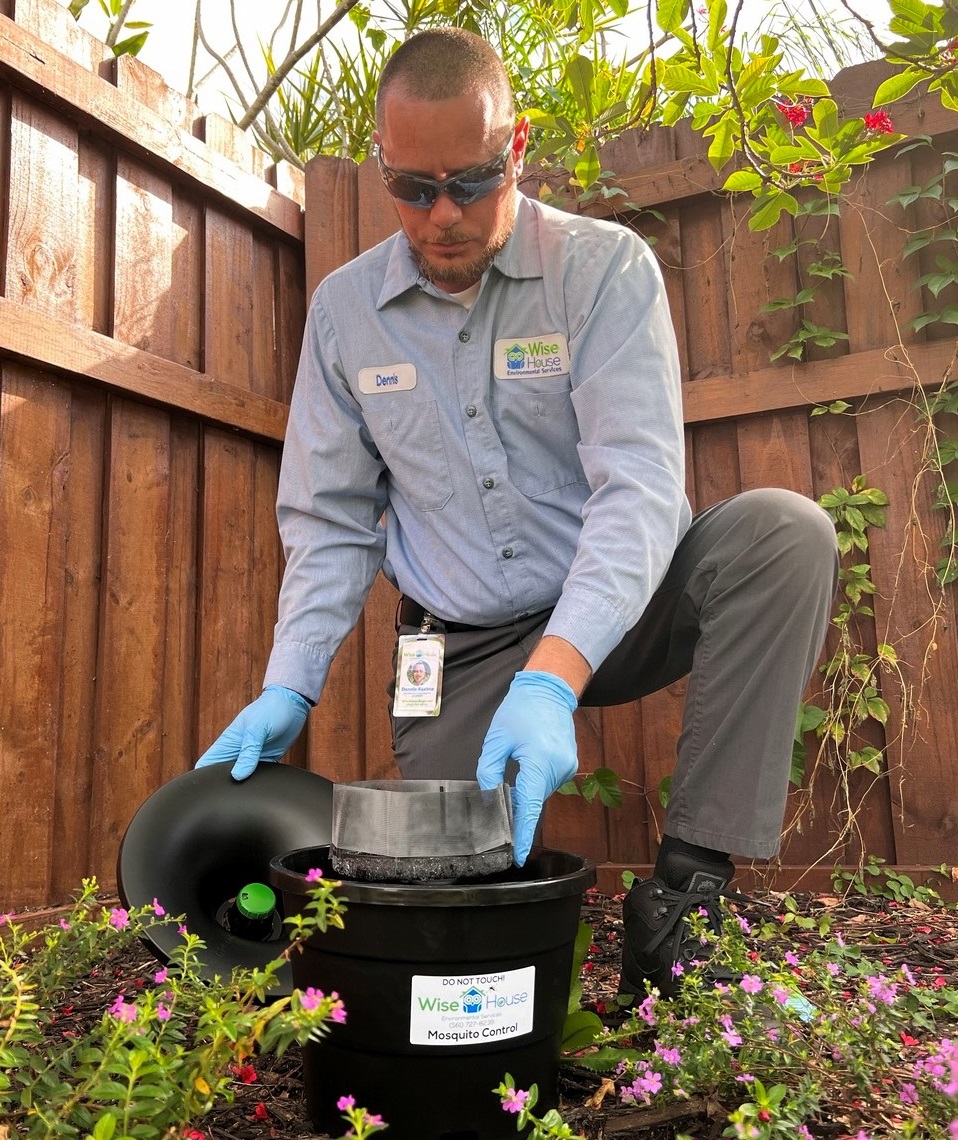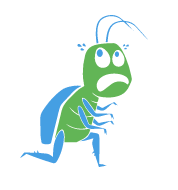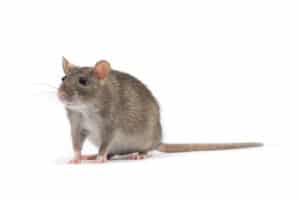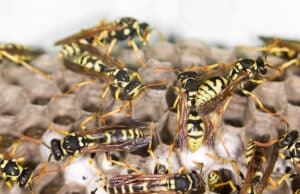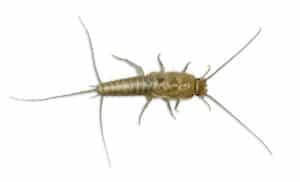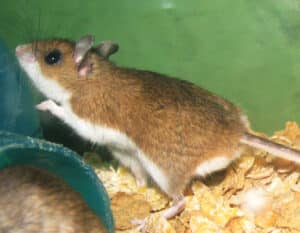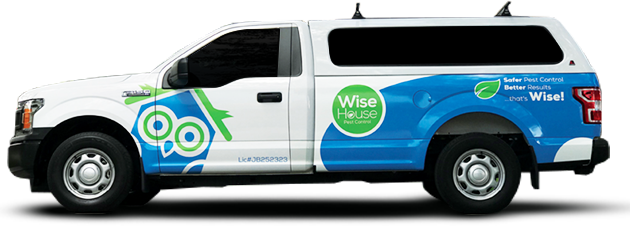Rover Ant
Brachymyrmex Spp.
Pest Stats

Color
Vary in color from dark brown to pale blond ants

Size
Workers range from 1.5 to 2 mm in length.

Shape
Worker rover ants are small. These ants don’t bite or sting. They have an uneven thorax and a gaster that rounds off to a soft point.

Region
Native to South America and have expanded their range into various regions like Southeastern United States: Including Georgia, Florida, Alabama, Mississippi, Arkansas, Louisiana, and Texas.
What is an Rover Ant?
The rover ant (Brachymyrmex spp.) is a small ant species commonly found in warm and humid environments. Workers typically measure between 1.5 to 2.5 millimeters in length and have a uniform brown to dark brown coloration with a slightly hairy appearance. Their small size and quick movements make them easily distinguishable from other household ants. Native to South America, rover ants have expanded their range into the southeastern and southwestern United States, including Florida, Texas, and Arizona.
What Do Rover Ants Look Like?
Rover ants primarily live outdoors but can enter homes through small cracks, gaps, or by traveling along tree branches that touch or hang over the structure.
These ants are often seen moving rapidly up and down vertical surfaces like grass blades, fences, and outdoor furniture, sometimes accompanied by larger winged individuals. During warmer months, large numbers of dead, winged females can be found floating in pools, their swollen, striped bodies making them easy to identify.
Read More
Similar Ants
- Dark Rover Ant (Brachymyrmex patagonicus)
- Longhorn Crazy Ant (Paratrechina longicornis)
- Acrobat Ants (Crematogaster species)
Biology of Rover Ants
Rover ants are tiny, fast-moving ants commonly found in Florida, especially in warm and humid environments. These ants reproduce rapidly, forming large colonies with a single queen, and typically nest in soil, mulch, or under debris near homes. Unlike other invasive ants, rover ants do not sting or cause structural damage, but they often invade kitchens and bathrooms in search of moisture and sugary foods.
Read More
Habits, Behaviors, Threats/Dangers of Rover Ants
Rover ants are a common nuisance in Florida, often invading homes in search of moisture and sweet foods. These tiny ants move quickly in long trails along walls, countertops, and bathroom fixtures, making them difficult to control. While they do not sting or bite, their presence in kitchens and food storage areas can be frustrating for homeowners.
Read More
5 Ways To Prevent Rover Ants in Your Home

Seal Entry Points
Inspect your home's exterior for cracks, gaps, and openings, especially around doors, windows, and utility lines, and seal them with silicone-based caulk to block potential entryways.

Eliminate Moisture Sources
Repair leaky pipes, ensure proper ventilation in attics and crawl spaces, and address any moisture buildup within walls to create an inhospitable environment for Rover Ants.

Maintain Landscaping
Keep tree branches and shrubbery trimmed away from the house to prevent ants from using them as bridges to enter your home.

Properly Store Firewood and Building Materials
Store firewood at least 20 feet away from the house and five inches off the ground, and eliminate piles of lumber, bricks, or other debris that could serve as nesting sites for Rover Ants.

Use Insecticide Barriers
Apply a residual insecticide barrier along the foundation of your home to deter ants from entering.
Need Help Getting Rid of Rover Ants?
If you suspect an Rover Ant infestation, contact a licensed pest control expert for inspection and treatment to prevent structural damage and keep your home protected.
Contact Wise House Environmental Services at 561-727-8239 for more information and a free quote on ant control services.
5 Ways To Keep Rover Ants Out Of Your Home

Store Food Properly
Ants are highly attracted to food inside the home. Keep food stored in airtight containers, clean up crumbs or spills immediately, and regularly empty trash bins with food waste.

Clean Regularly
Ants are resourceful and will find even the smallest bits of food. Regularly sweep, mop, and wipe down countertops, especially in the kitchen and dining areas, to remove potential food sources. Pay attention to corners and crevices where crumbs might gather.

Reduce Moisture
Fix leaks and eliminate damp areas to remove the moisture that Rover Ants seek out. Repair dripping faucets, leaky roofs, or poor drainage, and replace any damp or rotting wood.

Seal Cracks and Gaps Indoors
Just as with the exterior, inspect your home’s interior for small cracks or gaps where ants could enter. Seal any visible openings, especially around windows, door frames, baseboards, and along the edges of cabinets.

Don’t Leave Pet Food Out Overnight
If you have pets, avoid leaving their food out overnight. Ants are attracted to pet food, so clean up any leftover food, or place pet dishes in a shallow tray of water to create a barrier.
Our Customers Love Us!
See What They Are Saying


- Michael C.

- John U

- Benjamin N.

- Bob G.

- Aaron C.
Dedicated To Being The Pest Control Company You Can Rely On
Request a professional estimate!
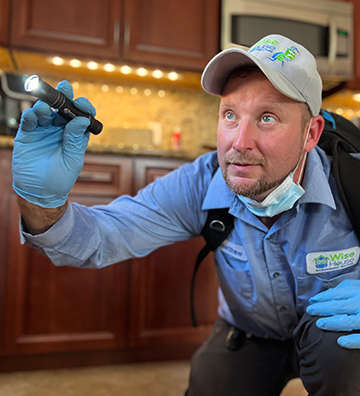
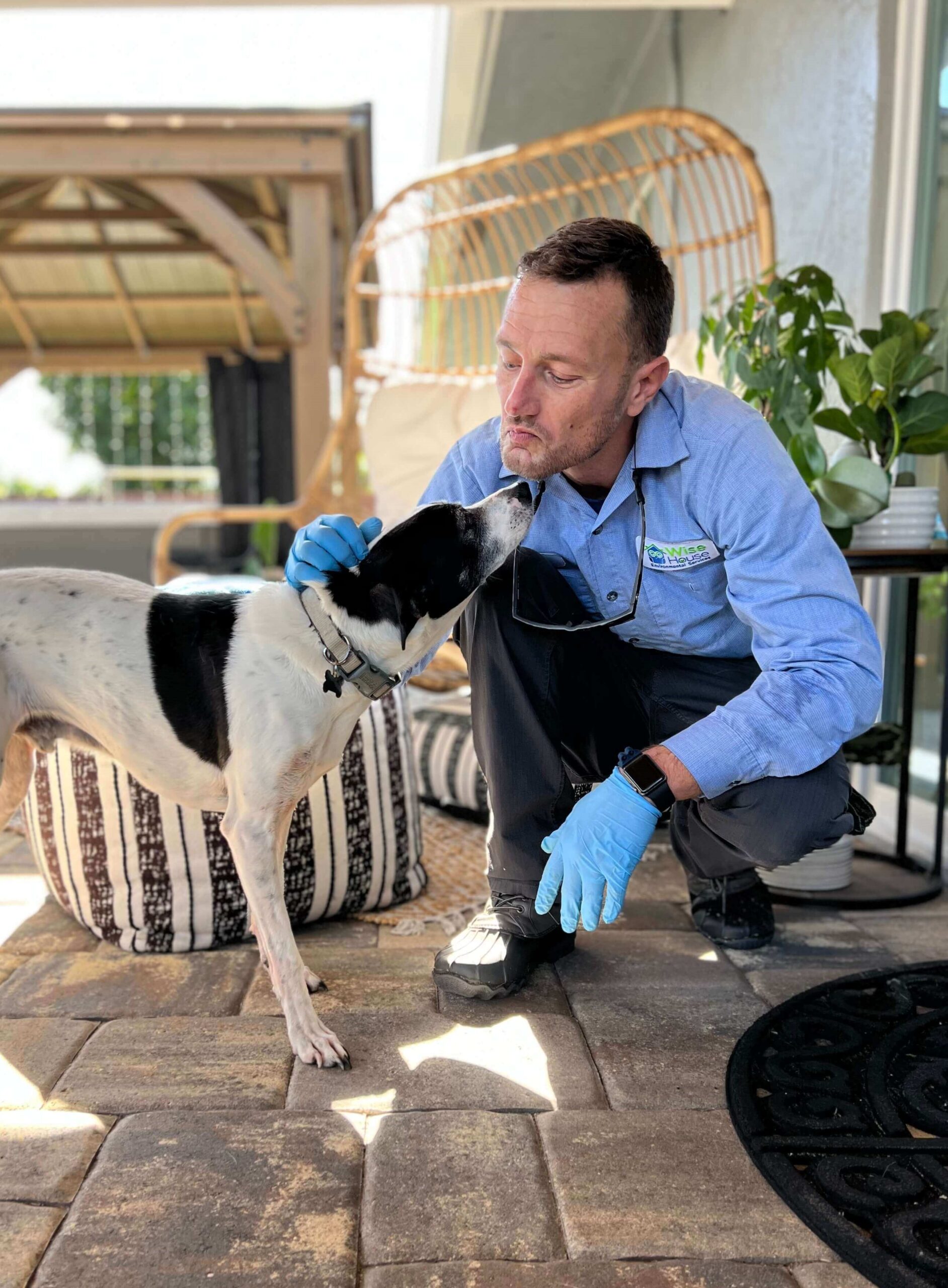
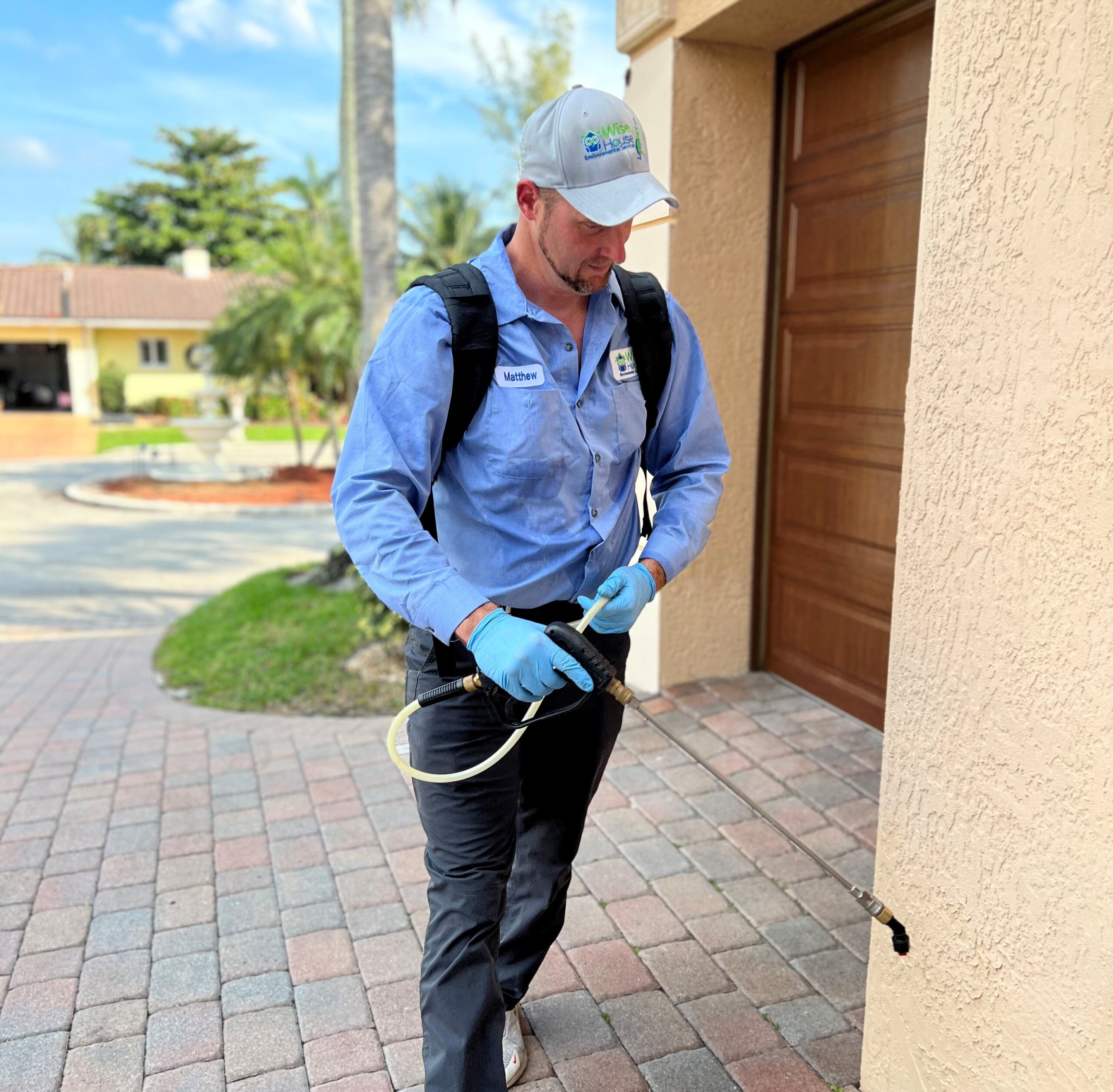

Request a Profesional Ant Quote!
Get an estimate!
